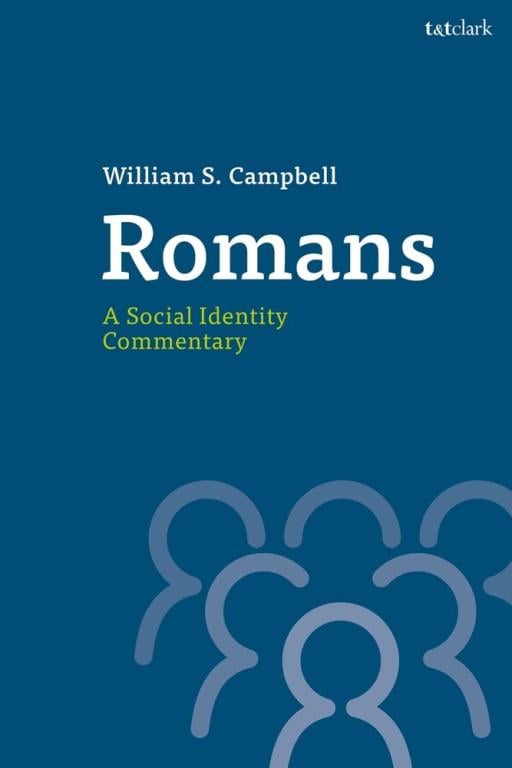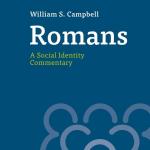Q. On p. 126 you suggest that what dikaiosune theou means, at least primarily, is God’s covenant fidelity to Israel. What is odd about this assertion is that not only is Paul mainly addressing Gentiles and talking about right standing or rectification for them, but also interestingly, this is what Brueggemann and others have asserted hesed means in the OT— and they are wrong. The term hesed is even applied to Rahab and Ruth in the OT and has the more general meaning of God’s loving kindness to whomever. It’s not a term that specifies a covenant relationship with Israel. And I would say the same applies to dikaiosune theou which in the first instance refers to God’s own just, holy, moral character, as demonstrated in 1.18-32, against all idolatry and immorality by whomever practices it, in this case mainly Gentiles. I do think that all the dikaios word group needs to interpreted together— righteous, righteousness, to make righteous or perhaps count as having right standing with God. I would have thought you would pick the singular reference to pistis theou, to mean the faithfulness of God to his promises for Israel etc. Not dikaiosune theou which has a broader meaning involving both Gentiles and Jews.
While I think you are quite right that Paul is telling Gentiles that they didn’t and don’t obtain right standing with God by becoming Jews and keeping the Mosaic covenant, the fact is, he is also telling Jews they need to embrace their messiah, because ‘works of the law’ doesn’t produce the solution to the sin problem, in fact it can even make it worse because knowledge of what the law says about sin turns sin into trespass a willful violation of a known law. The law can tell us what is wrong, but it cannot enable a fallen human being to keep the law. One needs the Spirit of God, available through Christ. What is wrong with this argument?
A. What we need to clarify here is that Paul speaks of the God of Israel and tries to explain characteristics of this God to non-Jews, that is, former idolaters. These would have been accustomed to the deities of their families, clans, neighborhoods etc. who were perceived quite differently from Israel’s perception of their God. Paul is contrasting the characteristics of these deities with characteristics of the God of Israel. Thus e.g. this God is faithful, whilst the reliability of pagan deities had be secured again and again by cult performance, in the vein of do ut des, which I would call works (rites) of law (the rules that are prescribed to perform the ritual). You are correct to note the many terms used in the Old Testament to get a sense of who God is. These terms however, should not be taken as precise lexical definitions, rather they should be taken as describing characteristics of God, without clear cut conceptual boundaries. This is similar to Paul’s use of varied metaphors to describe relationships with God, which conceptually could be clashing with one another but which he is able to take as cumulatively describing this relationship. It is problematic to conceptualize biblical language concerning human relations to God since relationships, human or divine, do not lend themselves easily to conceptualization. These terms thus express something which is ultimately beyond words.













